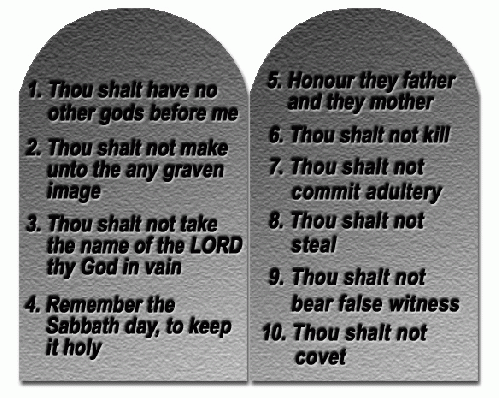The priests were given a unique opportunity not only to validate the legitimacy of keeping Sunday holy but also to receive 100 000 euro as a reward for finding a biblical foundation for the holiness of Sunday.
Nikolay says that daily studies of the Holy Scriptures caused him to make such a statement. Neither in the Old, nor in the New Testament had he found a verse giving grounds for the holiness of Sunday which is the first day of the week.
"If the Bible tells us about the holiness of the Sabbath day, God himself calls Sabbath the day of the Lord, holly and honored, then why should people, who profess to be Christians, keep Sunday holly, which has never been sanctified by the Lord?" -- asks Nikolay. "Many people argue that by keeping Sunday holly they honor the resurrection of the Lord. Truly Jesus had risen on the first day of the week, but He did not command to keep that day holy" -- emphasizes Nikolay.
It should be mentioned that Nikolay Gunko is not the only person in the Christian world who has picked up the issue of the lack of biblical proof of the holiness of Sunday.
The Catholic cardinal James Gibbons in his book "The Faith of our Fathers" states: "You can read the Bible from Genesis to Revelation but you will not find a single line that would provide evidence for the holiness of Sunday. Holy Scriptures oblige us to keep Sabbath holy. If you want to follow the biblical teaching you should worship on Saturday. But the Catholic Church places tradition above the Bible that is why the church established Sunday as a day of worship. We changed the day of worship exercising to the authority of the church."
When we objectively consider the issue of the day of the Lord, which is the question of centuries-old collision, it is obvious that a theological mistake was allowed at the Laodicean Council. The people who initiated the shift of the Lord's day from Saturday to Sunday overlooked the fact that their decision was not in line with the New Testament books of the Scriptures which were canonized on that same Council.
This issue is really important, since the first apostolic church really kept the Sabbath day holly. Josephus writes: "There is not any city of the Grecians, nor any of the Barbarians, nor any nation whatsoever, whither our custom of resting on the seventh day hath not come!" (M'Clatchie, Notes and Queries on China and Japan, edited by Dennys, Vol. 4, Nos. 7, 8, p. 100).
Regarding the attitude of the Christians to Lord's Sabbath it is written: "The first Christians treated the Sabbath with great awe and spend the day worshiping and preaching. It is beyond doubt that they had adopted that practice from the apostles and this fact is confirmed by several written testimonies on this issue". (Dialogues on the Lord's Day, p. 189. London: 1701, by Dr. Morer, a Churcli of England divine).
"The Sabbath day was a strong bond that united them with the life of the whole people. Observing Sabbath as a holy day they followed the example of Jesus as well as His commandments." (Geschichte des Sonntags, pp. 13, 14). "Christ, apostles and ordinary Christians solemnly observed the seventh day, Sabbath, until it was abolished by the Laodicean Council" (Dissertation on the Lord's Day, pp. 33, 34, 44).
Nikolay Gunko is the author of many reformation articles of religious content such as "The New Testament Passover -- bread and vine vs. Easter cake and painted eggs", "Baptism: sprinkling, poring or submersion?", "True and False Trinity", "The Mother of God: the Virgin Mary or the queen of Heaven?", "Is there life after death?", "Icons: a controversial issue in the Christian world".





